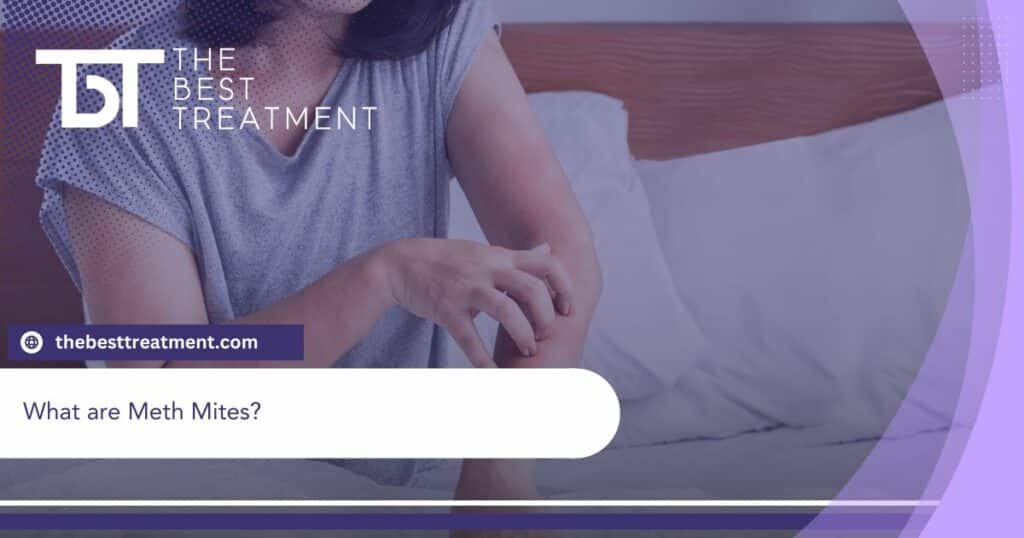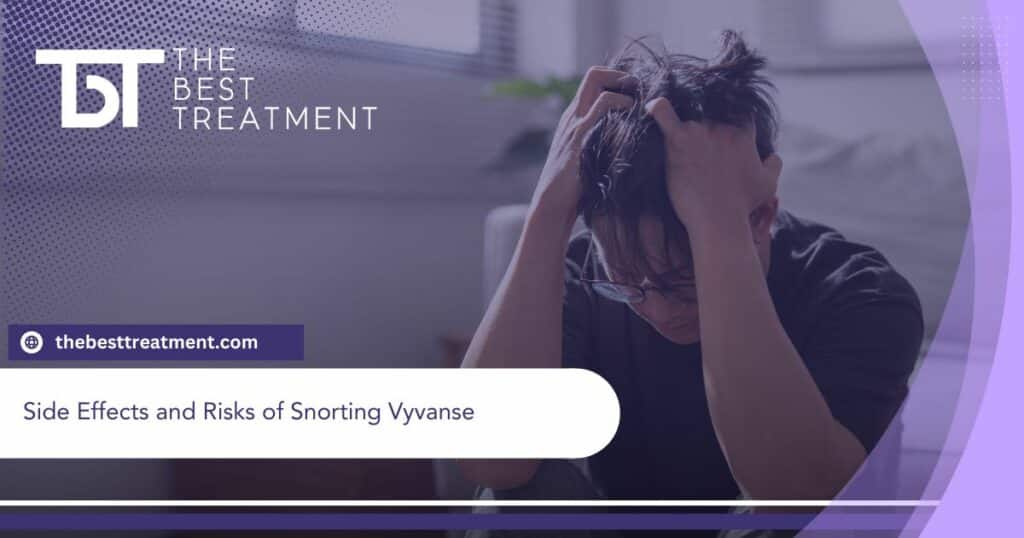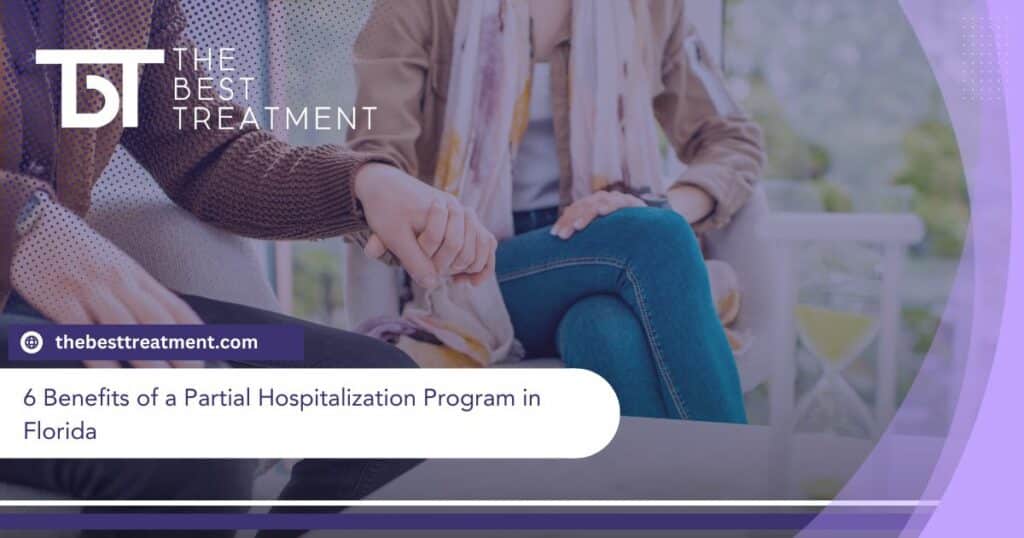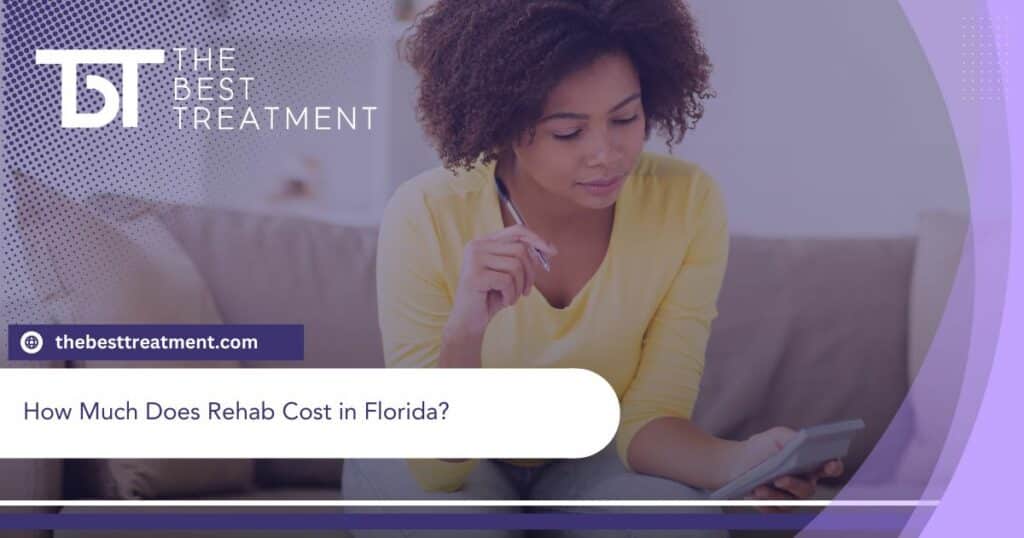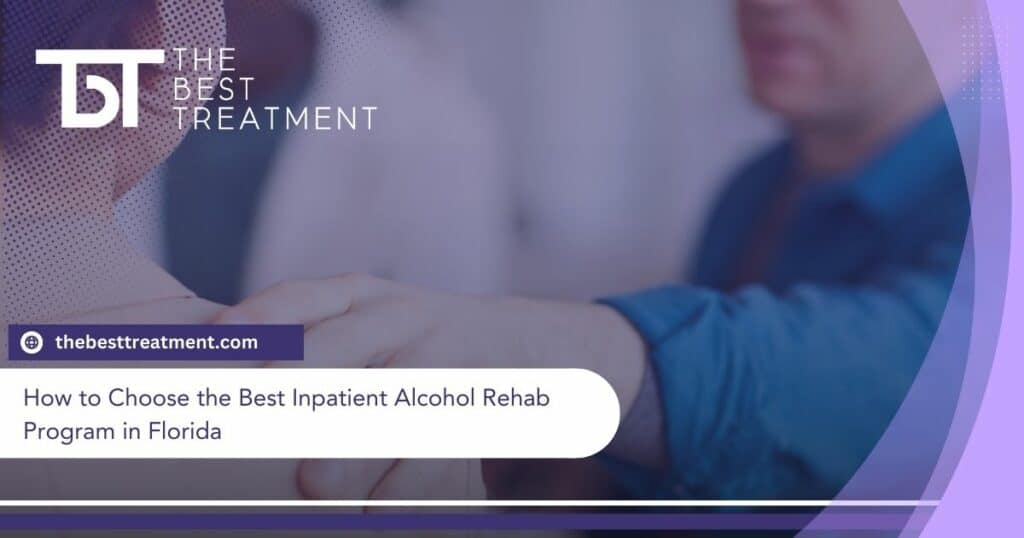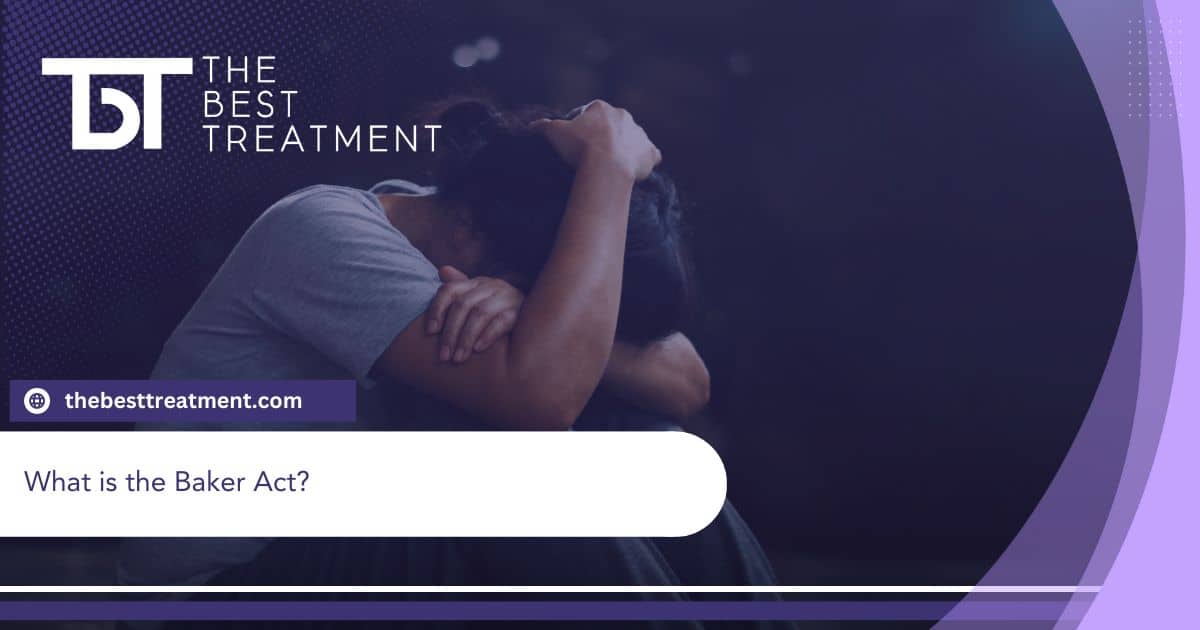Table of Contents
Watching a loved one struggle with addiction and mental health issues can be a painful experience, but there are certain interventions you may be able to use to get your loved one the help that they need. While it is best that people seek treatment voluntarily, this isn’t always an option. People in Florida who refuse treatment and are at risk of harming themselves or others can be involuntarily committed to a treatment program through a legal framework called The Baker Act.
The Florida Mental Health Act of 1971
The Florida Mental Health Act of 1971, more commonly known as the Baker Act, provides the framework for involuntary emergency mental health assessments and temporary hospital holds for those who are struggling with mental illness or a mental health crisis.
As an emergency measure, it is designed for people who cannot make sound decisions for themselves or are at risk of harming themselves if they don’t get treatment. People are encouraged to use it as a last resort when they cannot get their loved one to seek treatment voluntarily. It is most often used when someone is threatening suicide or experiencing psychosis.
Under the Florida Mental Health Act of 1971, individuals can be held in a mental health treatment program for up to 72 hours, during which they will be evaluated by a medical professional who will do one of three things:
- Release them from care
- Extend their involuntary hold for further assessment
- Provide a referral to treatment
The Act can be invoked by friends or family with firsthand knowledge of the issue, law enforcement, mental health professionals, physicians, and judges.
The act is not limited to Florida; variations of its principles exist in many states across the US, each with its own specific provisions and terminology. However, the core purpose remains the same: to provide immediate help to individuals experiencing mental health crises while protecting their rights.
What Criteria Have to Be Met to Invoke the Baker Act?
There are specific criteria that must be met for a person to be involuntarily committed under the Baker Act. People must meet all three of the following criteria:
- There is strong evidence of a serious mental illness or mental health crisis
- Treatment is being refused because of the person’s mental state
- The individuals is likely to hurt themselves or others if they don’t obtain treatment
How Do You Invoke the Baker Act?
There are several ways to invoke the Baker Act. Typically, it begins one of three ways:
- A family member or friend can petition the court. If the judge approves the petition, the individual will be court-ordered for an evaluation. If they refuse evaluation, they may face jail time. This process usually occurs when the individual isn’t in immediate danger.
- A law enforcement officer can arrest an individual who meets the criteria and transport them for an evaluation. This often occurs when someone is threatening to harm themselves and a friend or family member calls the police.
- A doctor or mental health professional who has evaluated the individual in the last 48 hours can issue a certificate stating they meet the criteria for a mandatory evaluation.
If a family member or friend has to petition the court, they must fill out the appropriate paperwork at the circuit court in their county. They will need to provide evidence that their loved one meets the criteria.
Once the court grants the order, a law enforcement officer will safely detain the individual and take them for an evaluation. This is carried out promptly after the court order is approved to help prevent the individual from causing further harm.
What Happens After Someone is Detained Under the Baker Act?
After an officer transports the individual to the nearest Baker Act receiving mental health facility, the individual (if they are an adult) can be held for up to 72 hours unless they are evaluated and a ruling is made to extend their holding period. Minors can only be held for up to 12 hours.
The detained individual still has rights under the Baker Act. For example, anyone who is held for more than 12 hours must be examined by a mental health professional within 24 hours. If treatment is needed, they may be required to stay longer. The maximum time a person can be held under an extension is five days.
The examination determines whether a person needs to be released or involuntarily admitted for treatment, resulting in one of four outcomes:
- The person agrees to go to an outpatient treatment program
- The person consents to move to an inpatient treatment program voluntarily
- A petition is filed with the court for involuntary treatment
- If a crime was committed, the person may be arrested and charged by law enforcement
Can The Baker Act Be Used for Someone Who Needs Addiction Treatment?
Addiction and mental illness regularly co-exist, however, substance abuse and addiction problems are not covered under the Baker Act. Instead, Florida has a law called the Marchman Act, which allows friends and family members to petition the court for involuntary commitment, effectively granting individuals the potential to force someone to go to rehab.
With that said, it is possible that someone with a substance abuse issue would be detained under the Baker Act. This can happen if someone who struggles with addiction has a mental health crisis and is in need of emergent mental health treatment. However, the Act only provides for 72 hours of psychiatric care which is not sufficient to treat addiction. People who struggle with addiction who are detained under the Baker Act often return to drug or alcohol use after they are discharged from their involuntary hold.
The Benefits of the Baker Act
The Baker Act in Florida was designed to keep individuals safe in the event of a mental health crisis. Benefits of this legislation include:
- Reduce psychological distress
- Reduce the potential for harm
- Protecting the rights of those affected by mental illness
- Promoting public safety
- Providing treatment to those who need it, but are unable to decipher the need for it
Oftentimes, people who are Baker Acted realize the seriousness of their struggles while they are being evaluated. Afterward, they feel motivated to get the help they need to live a better life.
Find Help Today
At The Best Treatment, we’re committed to showing your loved one the path to successful recovery in a safe and controlled environment. Located just a mile from the beach in Lantana, Florida, our premier drug and alcohol rehab integrates a calming atmosphere into our evidence-based therapies.
With an intimate setting and a 3:1 client-to-staff ratio, you can rest assured that you or your loved one is receiving the highest quality of care. The time for healing is now – and we’re here to show you the way. Call now to start your recovery.
Medically Reviewed: September 25, 2019

All of the information on this page has been reviewed and verified by a certified addiction professional.





